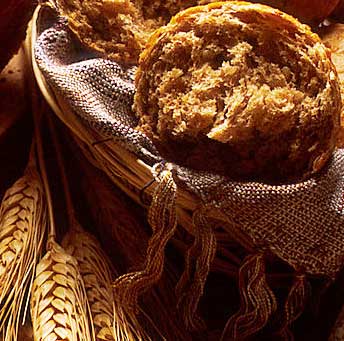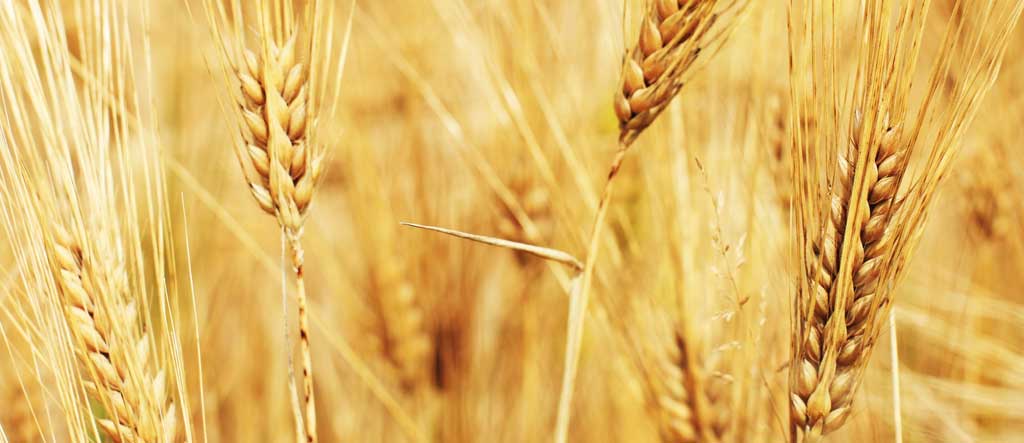 Whole unprocessed grains contain all three edible parts: the germ, endosperm and bran of the original grain seed or kernel. The bran is the outer skin of the kernel. It contains important antioxidants, B vitamins and fibre. The germ is the embryo and it has the potential to sprout into a new plant. It contains many B vitamins, some protein, minerals and healthy fats. The endosperm is the germ’s food supply and is the largest portion of the kernel. It contains starchy carbohydrates, proteins and small amounts of vitamins and minerals.¹
Whole unprocessed grains contain all three edible parts: the germ, endosperm and bran of the original grain seed or kernel. The bran is the outer skin of the kernel. It contains important antioxidants, B vitamins and fibre. The germ is the embryo and it has the potential to sprout into a new plant. It contains many B vitamins, some protein, minerals and healthy fats. The endosperm is the germ’s food supply and is the largest portion of the kernel. It contains starchy carbohydrates, proteins and small amounts of vitamins and minerals.¹
Refined Grains
Refined grains are broken down to produce nutritionally imbalanced foods such as isolated bran and wheat germ. On average, white flours have 35% of the original grain removed, leaving starchy granules that are bleached, softened with chemicals and then fortified with synthetic vitamins. Without the bran and germ, about 25% of a grain’s protein is lost, and are greatly reduced in at least seventeen key nutrients.
Unless you are sensitive to gluten, opt for sprouted wholegrain breads or spelt bread. Spelt has 30% more protein than whole-wheat, is rich in vitamins and minerals, and contains less gluten making it more digestible.
All starches even unprocessed and unrefined ones, are hard to digest. Almost all grain products are acidic and cause excess mucus formation, which leads to constipation. Millet is one of the most easily digested grains and is high in B vitamins, magnesium, and essential amino acids. Eat about 5% whole grains and starchy vegetables such as parsnips, sweet potatoes or turnips.
Gluten-free flour substitutes
A blend of gluten-free flours works better than any one used alone. Quinoa flour contains all essential amino acids making it a complete protein that is also high in calcium, iron and minerals. Amaranth flour is high in protein and is best used in savoury recipes as it has a grassy flavour. Brown rice flour is high in fibre and tastes slightly nutty. Potato flour works as a good binder for ingredients.
Milled chia and flax seeds can be used as egg substitutes in baking, mix 1 tablespoon of seeds with 3 tablespoons of water and let sit for five minutes.
Pseudo-grains
Pseudo-grains are seeds that are commonly confused with grains. They are gluten-free, less starchy, and easier to digest. These are: amaranth, buckwheat, wild rice and quinoa.
Share this on: Facebook Twitter
(1) To learn more about grains visit: http://wholegrainscouncil.org/
